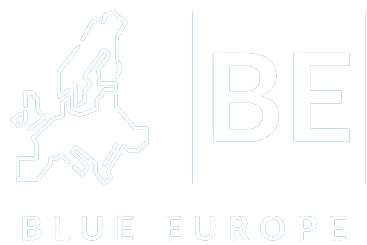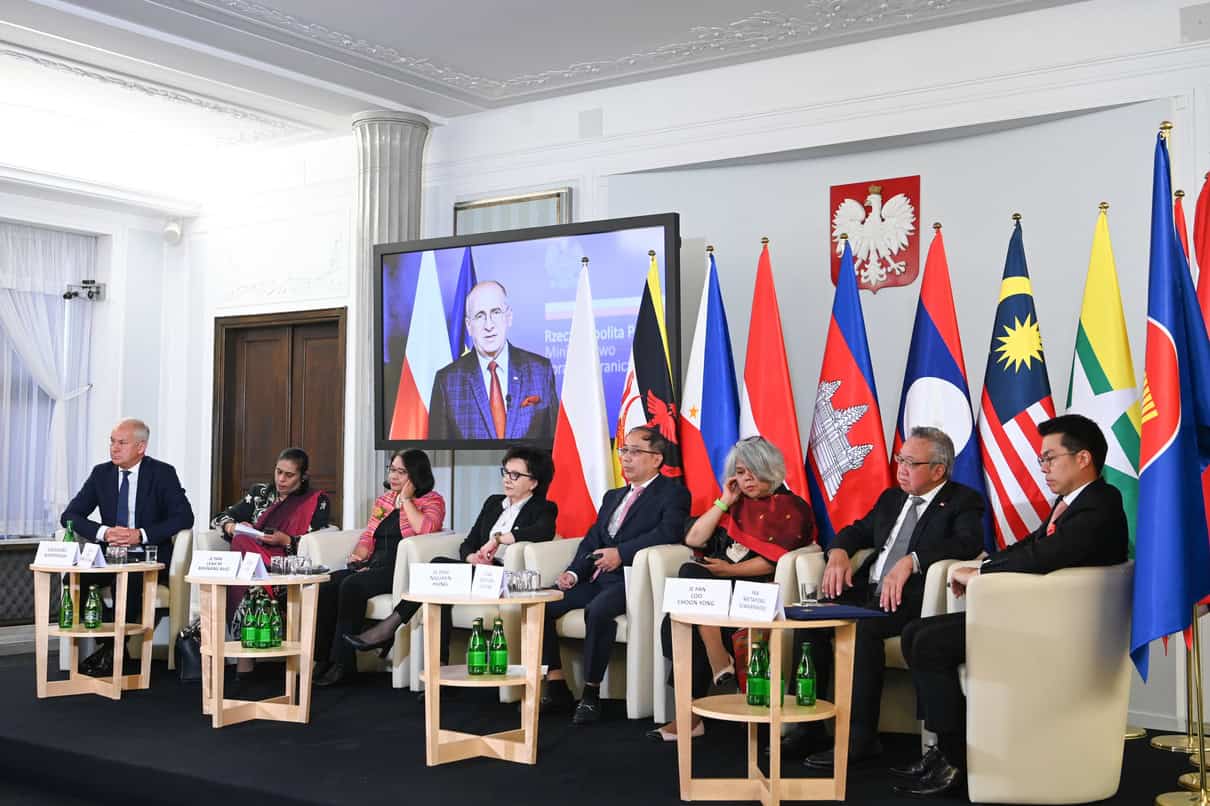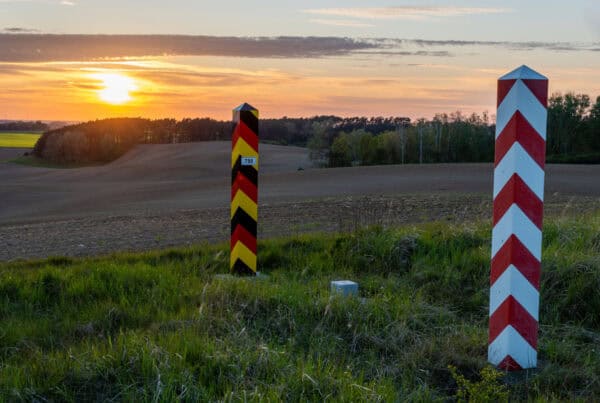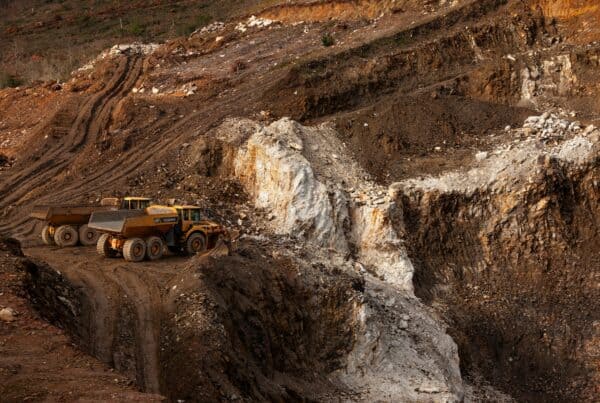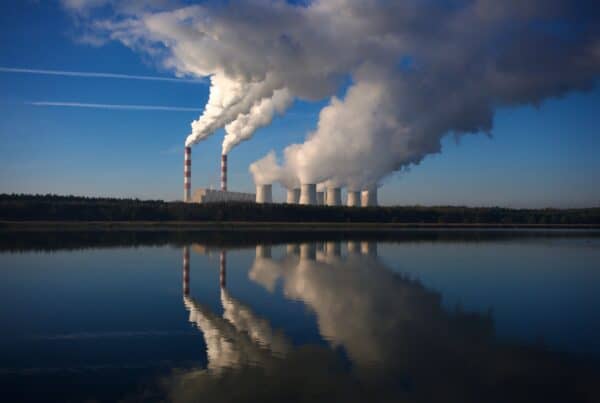1. Introduction
In media and scholarly discussion, it is increasingly common to hear the term “Asian Century”, as a commentary on the dynamic growth of the countries of the East and Southeast Asian region – in particular China – over the course of the 21st century[1]. By 2050, Asian countries are expected to account for more than 50% of global GDP – marking a return to the historical situation that prevailed for the majority of time before the industrial revolution[2]. The consequent shift in the centre of gravity of world production and consumption towards Asian countries will therefore translate into their growing influence on global consumer preferences – gradually replacing Western countries in this regard[3]. Indeed, an increasing number of countries are beginning to take these impending changes into account in their foreign policy strategies, which may mean either adopting a confrontational (example of the United States) or transactional (example of Germany) stance. Regardless of how the growing role of Asia is perceived – as a threat or an opportunity – there is no doubt, however, that it is a subject impossible for conscious governments to ignore.
2. Poland in the wake of the “Asian Century”
Meanwhile, in Poland – to the author’s regret – Asian issues still remain a relatively niche topic, and Polish analytical and scientific efforts, as well as public attention are overwhelmingly focused on just a few selected aspects, such as the US-China rivalry, EU cooperation with Japan and South Korea, or tensions in the Taiwan Strait. A telling example of this was the highly ill-advised decision by the Minister of National Defence in April 2024 to abolish the Asia Research Centre at the Academy of Military Art, which, according to experts’ opinions, meant “effectively halving Poland’s capacity to analyse events on the largest continent”[4].
In contrast of this, it is however still worth remembering about Polish circumstances in the face of the growing importance of Asian countries in the global economy – for despite being unquestionably a western country due to its membership in the European Union and NATO, Poland is also able to find a thread of understanding with many Asian countries with a communist history due to its historical integration into the Soviet bloc[5]. Despite a significant geographical distance, Poland also has a number of characteristics that similarize it to some of the countries of the East and Southeast Asian region, derived, among other things, from its use of a model of development based on manufacturing subcontracting to the West, which has enabled historically rapid development over three decades, the urgency to develop its new version, and the experience of living in the shadow of assertive regional powers. Poles are also helped by the image of a hard-working nation and the absence of a colonial history[6].
3. Polish Presidency of the European Council 2025
An extremely promising opportunity to exploit the aforementioned conditions is the Polish Presidency of the Council of the European Union in the first half of 2025. In view of the broader context of EU interests and their convergence with Polish efforts in the East and South-East Asia region, this could thus become a pretext for Poland to assume the important role of a country connecting the Western and Eastern worlds. Indeed, due to its unique experiences and political resources, Poland could contribute to the simultaneous fulfilment of both EU and national foreign policy objectives, and the EU Council Presidency would provide an excellent pretext for this. While the list of potential venues for increased cooperation is probably much broader, the author believes that the following issues in particular are worth looking into:
I) Conducting inter-organisational dialogue and seeking to bring the EU closer to ASEAN
Poland could become involved in talks on free trade agreements between the European Union and Indonesia, Thailand, the Philippines and Malaysia[7], using its presidency of the EU Council to organise or at least announce visits at the highest level. This is particularly promising in the case of Malaysia, which assumes the presidency of ASEAN at the same time[8]. Thus, Poland could seek to both develop its own relations with Asian countries and contribute to the institutional rapprochement between the EU and ASEAN.
II) Engaging in peace talks in Myanmar
Poland could engage in multilateral peace talks on the civil war in Myanmar, taking into account the ASEAN and European Union format, with a particular focus on cooperation with countries with a vested interest in ending the conflict – such as China, Thailand and Singapore[9]. Of course, the chance of working out a peace formula is limited, but it still represents an opportunity for Poland and the EU to develop political capital that could result in closer economic relations with Myanmar in the future. This, in turn, would mean an opportunity to diversify sources of rare earth elements, which the European Union will need in relevant quantities in the coming decades – and of which there are sizable deposits on Myanmar’s territory[10].
III) Increasing EU presence on the Korean Peninsula
Poland has a long tradition of cooperation within the framework of the Neutral Nations Supervisory Commission, which was established after the 1950-1953 Korean War armistice[11]. It also has a diplomatic post in North Korea, which sets it apart from European states and provides an opportunity to engage in discussions on changing EU policy towards the Korean Peninsula. Using Polish political capital linked to engagement on the peninsula to increase the EU presence there could result in further strengthening of Polish-Korean, but also EU-Korean security cooperation.
(IV) Post-war reconstruction of Ukraine in cooperation with Asian countries
This is particularly related to the attitude of Japan and South Korea. Japan’s JETRO is already cooperating with Poland’s PAIH in joint initiatives coordinated from Warsaw[12], while South Korea is getting closer to a similar declaration as cooperation between Russia and North Korea intensifies[13]. Taiwan, too, is becoming increasingly involved in capital in Ukraine, offering the chance to integrate it into European value chains in the semiconductor sector thanks to its deposits of rare earth elements[14]. Poland, as Ukraine’s main neighbour, will naturally become a logistical hub for post-war investments, which could contribute to the economic security of both Poland and the entire CEE region.
(V) Provision of scholarships for study in Poland (or other EU Member States)
Thanks to its shared history with the Vietnamese during the Soviet era, Poland has a very unique experience of awarding scholarships to study at Polish universities to Vietnamese, thanks to which more than 4,000 people graduated from higher education in Poland[15]. These were usually members of the future elite involved in rebuilding the country after the war, so this contributed to a very positive perception of Poland in the country. Poland could use this experience to build a similar scholarship offer for students from countries such as Myanmar, Cambodia or Laos, which could contribute to the initiation of a long-term friendly relationship, opening up broad opportunities for trade, capital and cultural cooperation in the future. It would not be out of the question here to seek EU funding by proposing the establishment of a European college based in Poland for Asian students – taking the example of existing institutions such as the College of Eastern Europe, the European Academy of Diplomacy or the Natolin College of Europe.
The above proposals do not, of course, constitute a closed catalogue, but they are nevertheless characterised by a relatively high potential resulting from historical, political and economic conditions, which may contribute to Poland simultaneously fulfilling its own as well as EU foreign policy objectives.
References
- Mahbubani, K. 2021. The Asian 21st Century, Springer, Berlin. ↑
- Price Waterhouse Coopers, 2017. The Long View: How will the global economic order change by 2050?, PWC, London. ↑
- Hązła, M., 2022. Curator Economy w Chinach – odpowiedź na specyfikę rynku, czy zapowiedź nadchodzących zmian w światowym handlu elektronicznym?, Gdańskie Studia Azji Wschodniej, 21, 95-112. ↑
- Skalska, A., 2024. Eksperci w szoku po decyzji Kosiniaka-Kamysza. “Potencjał zmniejszony o połowę”, “Do Rzeczy”, https://dorzeczy.pl/kraj/575352/mon-likwiduje-osrodek-badan-azji-eksperci-w-szoku.html [accessed: 22.12.2024]. ↑
- Bachulska, A., 2023. Beyond business as usual: A China strategy for Poland, „European Council on Foreign Relations”, https://ecfr.eu/article/beyond-business-as-usual-a-china-strategy-for-poland/ [accessed 22.12.2024]. ↑
- Hązła, M., 2024. Economic and geopolitical consequences of the “Asian Century” for Poland, Przegląd Geopolityczny, 50, 90-110. ↑
- European Commission, 2024. EU trade relationships by country/region – Negotiations and agreements, https://policy.trade.ec.europa.eu/eu-trade-relationships-country-and-region/negotiations-and-agreements_en [accessed: 22.12.2024]. ↑
- Gov.pl., 2024. Wizyta Ministra Spraw Zagranicznych Radosława Sikorskiego w Malezji, https://www.gov.pl/web/malezja/wizyta-ministra-spraw-zagranicznych-radoslawa-sikorskiego-w-malezji [accessed: 22.12.2024]. ↑
- Chambers, P., Chotisut, K., 2024. Neighbour to Civil War: Thailand’s Relations with Myanmar in 2024, “Fulcrum Analysis on Southeast Asia”, https://fulcrum.sg/neighbour-to-civil-war-thailands-relations-with-myanmar-in-2024/ [accessed: 22.12.2024]. ↑
- United States Geological Survey. Minerals Yearbook 2020. Reston, Virginia 2020. ↑
- Gov.pl., 2024. Polish-Korean cooperation strengthens the capabilities of the Polish Armed Forces, https://www.gov.pl/web/national-defence/polish-korean-cooperation-strengthens-the-capabilities-of-the-polish-armed-forces [accessed: 22.12.2024]. ↑
- Polish Press Agency, 2023. Japanese companies open offices in Poland to rebuild Ukraine, https://www.pap.pl/en/news/news%2C1587921%2Cjapanese-companies-open-offices-poland-rebuild-ukraine.html [accessed: 22.12.2024]. ↑
- VOA News, 2024. South Korea will consider supplying arms to Ukraine after Russia, North Korea sign strategic pact, https://www.voanews.com/a/south-korea-will-consider-supplying-arms-to-ukraine-after-russia-north-korea-sign-strategic-pact/7676277.html [accessed: 22.12.2024]. ↑
- Ministry of Foreign Affairs, Republic of China (Taiwan), 2023. Taiwan, Slovakia cooperate on further assistance for Ukraine’s reconstruction, https://en.mofa.gov.tw/News_Content.aspx?n=1328&sms=273&s=115188 [accessed: 22.12.2024]. ↑
- NAWA, 2023. NAWA i polskie uczelnie w Wietnamie – podsumowanie Edu&Science Meetings, https://nawa.gov.pl/nawa/aktualnosci/nawa-i-polskie-uczelnie-w-wietnamie-podsumowanie-edu-science-meetings [accessed: 22.12.2024]. ↑

